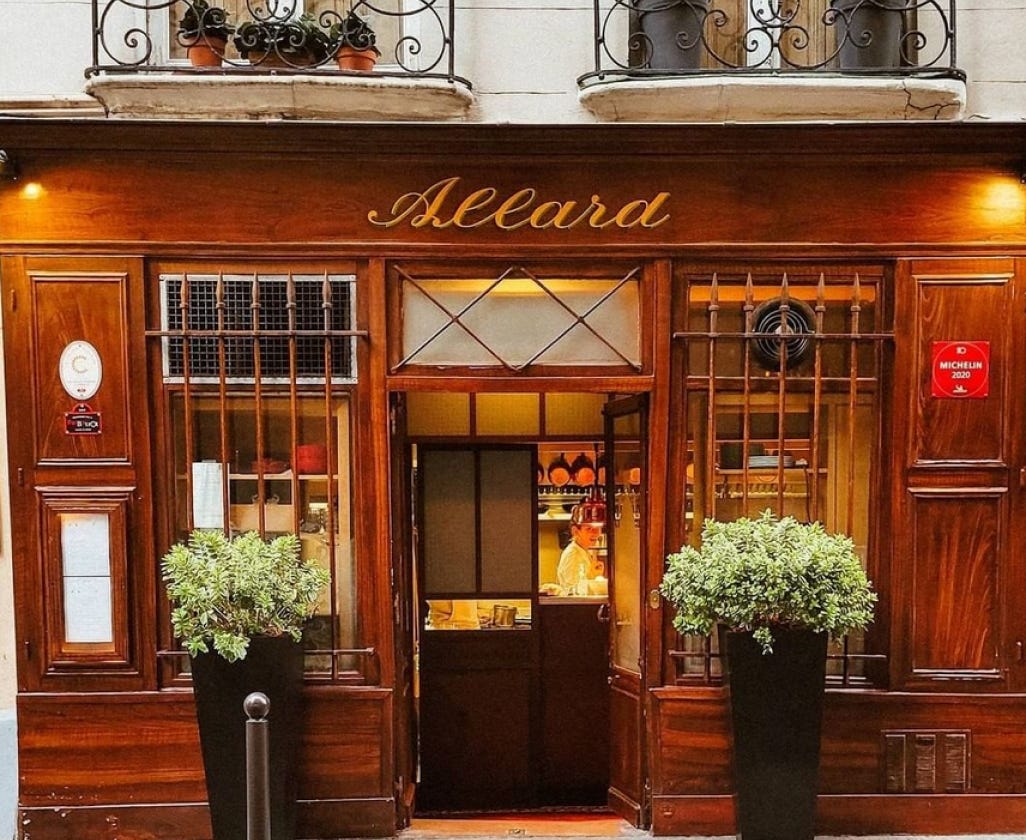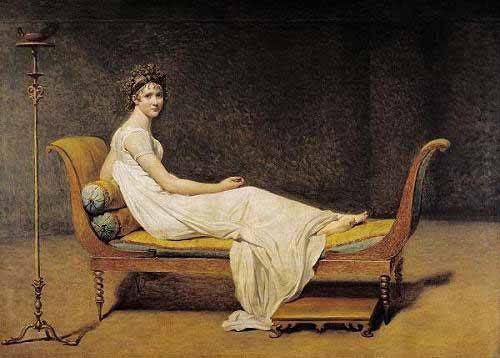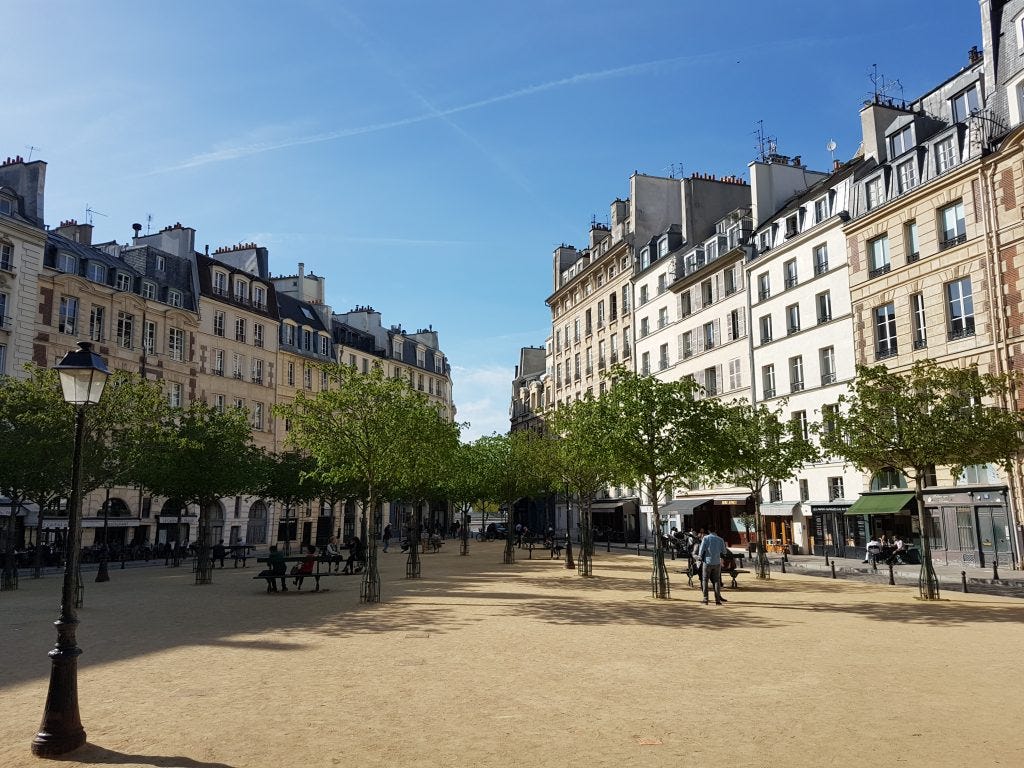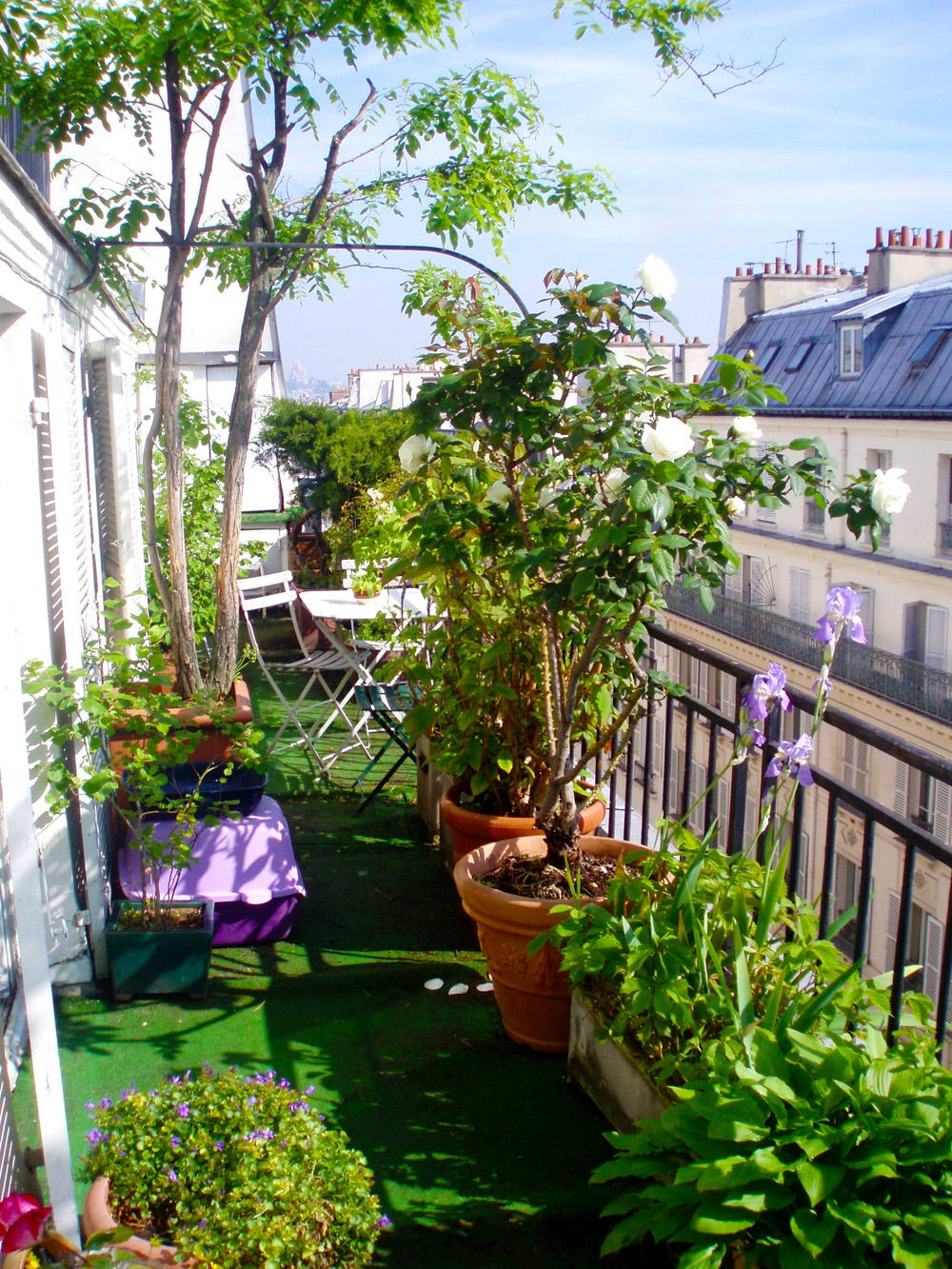It’s been a good week for lunches. On Monday, it was with Charles, stopping off en route between his apartment in Miami, his place in Montreux and his house in the mountains above Antibes. He once also owned an apartment in the shadow of the Tour Eiffel, but gave it up when his quiet little street became a main entrance for coach parties. Tourists!
My Wednesday lunch companion, Claudine Hemingway, organises luxury tours for the carriage trade. There are few expatriates with a more profound knowledge and appreciation of Paris, in particular its art. She is on first-name terms not only with the gardiens of the Louvre but, going round the former, awed, in her wake, I sometimes think with the paintings themselves. Bonjour, Judith Recamier. Looking good, babe.
But we got to talking about tourists ….and out came our horror stories.
Friday, lunch was with the poet Heather Hartley, another long-term resident who caters to tourists only to the extent of lecturing graduate students on the intricacies of psychogeography and the works of Guy Debord. For the last few years, we’ve been pursuing a desultory and only intermittently satisfying survey of the city’s vegetarian restaurants, concentrating for the moment on the Indian establishments of Rue Faubourg St. Denis, alongside the Gare du Nord. It was hard not to discuss tourists there, since the sidewalk was thick with regiments of dazed people with roller bags, fresh off the Eurostar, squinting at road signs that just confused them more.
I remember how that felt. When I moved to Paris in 1989, I lived in Marie-Dominique’s tiny studio on place Dauphine, on the Île de la Cité. That was my decompression chamber, where, like a diver ascending from the depths, I could adjust to my new environment. It looked out on an archetypal Paris space, a small park with a grove of chestnut trees which Breton called “one of the most profoundly secluded places I know. Whenever I happen to be there, I feel the desire to go somewhere else gradually ebbing out of me. I have to struggle against myself to get free from a gentle, over-insistent, and, finally, crushing embrace.”
But when we moved to rue de l’Odéon, six flights above the street, I found a different Paris.
In place Dauphine, we belonged to the area. Our first-floor windows made us extras in the never-ending spectacle. On rue de l’Odéon, Paris provided the show. Taking morning coffee on the balcony, I become just another spectator.
North, the white turnips of Sacre Coeur’s domes crown the butte of Montmartre. South, just beyond the Theatre de l’Odéon, rises the foliage of the Jardins de Luxembourg. Less than a kilometer to the east, the bright new fleche or spire of Notre Dame thrusts out of an ocean of metal roofs. Soon, on Sunday evenings, its bells -the bells of Quasimodo! -will once again toll out solemnly over the city of François Villon.
Rue de l’Odéon is so narrow that one can look straight into the apartments opposite. Curtains are rare in Paris. The instrument of privacy is the persienne; metal shutters that can be closed and bolted in winter or when the apartment is empty, or half-closed to shade a room against the sun. But as nobody bothers with shutters once the weather turns warm, I can watch the maids of our richer neighbours as they plump the pillows of the beds each morning or lay the table for twelve in preparation for twice-weekly dinner parties.
Summer light streaming into our apartment emphasizes the stresses and subsidences imposed by two centuries of gravity. There isn’t a horizontal line or a flat plane anywhere. Rooms taper, low ceilings intersecting with window frames at odd angles. Floors ripple, dip and rise unexpectedly so that a rolling ball will zig-zag for yards, coming to rest in a far corner as if tired of searching. Paris reverses entropy. Here, all things tend, not to a condition of rest, but to perpetual motion.
So what am I trying to say in this rambling disquisition? I suppose that, although we long-term residents, visitors ourselves, should be the last persons to urge better manners on the newest arrivals, we know Paris and Parisians sufficiently well to understand how they feel about our increasingly intrusive invasion. France was a culture before the nations from which most of us come even existed. A little respect would not be out of place. Marianne Moore, another sometime expat, said it well in her poem Silence.
My father used to say,
"Superior people never make long visits,
have to be shown Longfellow's grave
or the glass flowers at Harvard.
Self-reliant like the cat—
that takes its prey to privacy,
the mouse's limp tail hanging like a shoelace from its mouth—
they sometimes enjoy solitude,
and can be robbed of speech
by speech which has delighted them.
The deepest feeling always shows itself in silence;
not in silence, but restraint."
Nor was he insincere in saying, "Make my house your inn."
Inns are not residences.
No, inns are not residences. Just saying, that’s all.








Beautifully put, John. My word, you’ve lunched well! Have a lovely Sunday.
Although I only had 6 nights I would have loved to have lunched with you:)) Claudine was a wonderful guide. Next visit I hope she has space in her schedule to take me to the Louvre. I did drop you an email but I think you missed it.